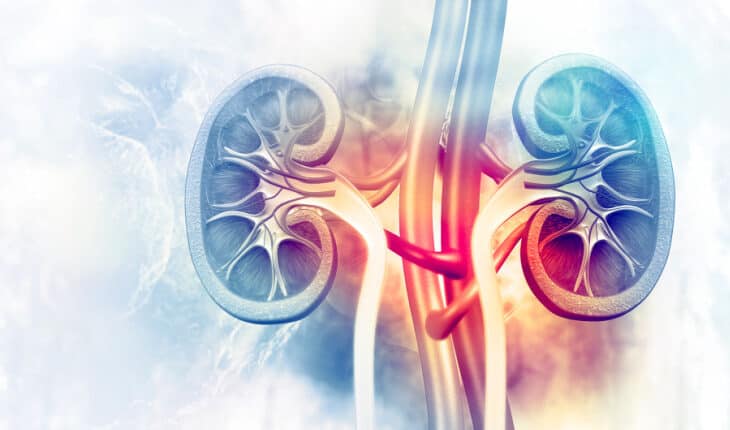Mini kidneys pave the way to better treatments: Approximately 1.7 million Australians have kidney disease. The potential toxicity of new drugs is a major problem in the search for better treatments.
We need a safer way to test new therapies, especially in children, to avoid additional risk or harm.
Researchers have used cutting edge technology to bioprint miniature human kidneys in the lab, paving the way for new treatments for kidney failure and possibly lab-grown transplants.
The study, led by the Murdoch Children’s Research Institute (MCRI) and biotech company Organovo and published in Nature Materials, saw the research team also validate the use of 3D bioprinted human mini kidneys for screening of drug toxicity from a class of drugs known to cause kidney damage in people.
They created miniature human kidneys, paving the way for new treatments for kidney failure and possibly laboratory-grown transplants.
In the world first, MCRI researchers used stem cells – the body’s master cells – from a patient’s blood to produce a personalised copy of the damaged part of her kidney’s filtration system.
The 3D bio-printing now allows MCRI to make 200 mini-kidneys in ten minutes using cells and other materials as “ink” to print living structures resembling regular kidneys.
How is it changing children’s lives?
This ground-breaking innovation aims to help future patients receive safe, customised treatments more quickly.
The personalised models are a better and cheaper way to test drug safety and effectiveness in individual patients by showing if a drug is toxic to the kidney model grown in a dish before it goes near a human.
It is hoped that the mini kidneys will help researchers to better understand disease and find treatments and cures for life-threatening and untreatable genetic kidney disease that affects children and adults.
- Gut microbiome could delay onset of type 1 diabetes - 3rd April 2025
- The da Vinci 5 Robot Is Set To Transform Bariatric Care: - 31st March 2025
- Beyond money: the hidden drivers fuelling child food insecurity - 31st March 2025






